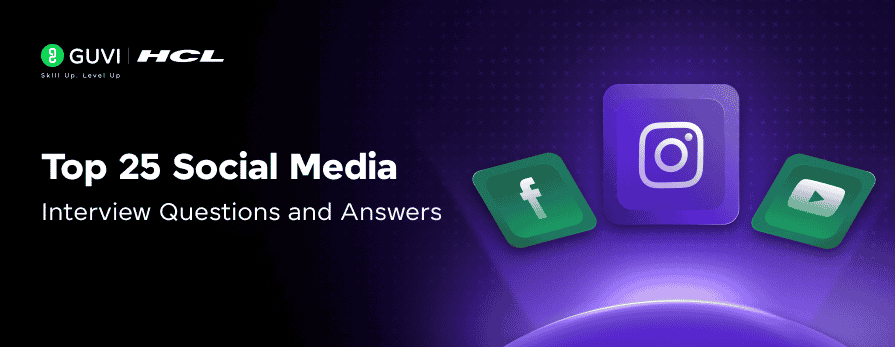
Top 30 Social Media Interview Questions And Answers [2026]
Mar 02, 2026 8 Min Read 3608 Views
(Last Updated)
Preparing for social media interview questions and answers requires more than just knowing the platforms. Social media serves as a key platform for brand development and engagement, marketing, and customer interaction in today’s digitally first world. As a result, companies are actively seeking professionals who can navigate social platforms strategically and creatively.
Getting a job interview for a digital marketing role is an important step toward pursuing the position you want. This guide covers the most commonly asked social media marketing interview questions, including multiple interview question types about social media strategy, content creation, analytics, and behavioral scenarios to help you ace your social media interview. Let’s begin!
Quick Answer:
Social media interview questions test your understanding of strategy, content creation, analytics, and real-world problem-solving to evaluate whether you can drive measurable business results through social platforms.
Table of contents
- Type 1) Basic Social Media Interview Questions and Answers
- 1) What is social media marketing?
- 2) Which social media platforms are most important for businesses?
- 3) What is the difference between organic and paid social media?
- 4) What are social media KPIs?
- 5) How do you measure engagement on social media?
- 6) What is the difference between reach and impressions?
- Type 2) Social Media Strategy and Planning Interview Questions
- 7) How do you create a social media strategy?
- 8) How do you identify your target audience on social media?
- 9) What is a content calendar and why is it important?
- 10) How do you conduct competitor analysis on social media?
- 11) How do you set goals for social media campaigns?
- 12) What are content pillars?
- Type 3) Social Media Content and Creativity Interview Questions
- 13) What makes a social media post engaging?
- 14) How do you maintain brand voice across platforms?
- 15) What type of content performs best on Instagram?
- 16) How do you write effective social media captions?
- 17) How do hashtags help in social media marketing?
- 18) What tools do you use for content creation?
- Type 4) Social Media Analytics and Performance Interview Questions
- 19) Which metrics do you consider most important?
- 20) How do you measure social media ROI?
- 21) What tools do you use for social media analytics?
- 22) How would you handle a drop in engagement?
- 23) What is click-through rate (CTR) and why does it matter?
- 24) How do you create social media reports?
- Type 5) Behavioral and Situational Social Media Interview Questions
- 25) Tell me about a successful social media campaign you managed
- 26) How do you handle negative comments on social media?
- 27) Describe a time when a campaign didn't go as planned
- 28) How do you stay updated with social media trends?
- 29) How would you grow a new social media account from zero?
- 30) What would you do if you made a mistake on social media?
- Concluding Thoughts…
- FAQs
- Q1. What's the main difference between organic and paid social media marketing?
- Q2. How should I calculate engagement rate on social media?
- Q3. What are content pillars and how many should a brand have?
- Q4. What's the best way to respond to negative comments on social media?
- Q5. Which type of content performs best on Instagram in 2026?
Type 1) Basic Social Media Interview Questions and Answers
Understanding foundational concepts is where most social media marketing interview questions begin. These basic social media interview questions and answers test your grasp of core principles that drive successful campaigns.
1) What is social media marketing?
Social media marketing uses platforms where users build social networks and share information to build a company’s brand, increase sales, and drive website traffic. This strategy encompasses audience engagement, content creation, and strategic planning to achieve brand outreach and business expansion.
The power behind this approach stems from social media’s capacity in three core areas: connection, interaction, and customer data. As of April 2025, there were 5.31 billion social media identities worldwide. Businesses address various stakeholders through these channels, including current and potential customers, employees, journalists, and the general public.
2) Which social media platforms are most important for businesses?
Platform selection depends on your target audience:
- Facebook remains dominant, with 69% of American adults using it. YouTube leads as the most widely used social network in the United States, with 73% of adults active on the platform.
- Instagram shows strong engagement, particularly with younger demographics. 75% of adults ages 18-24 and 57% of adults ages 25-29 use Instagram. Notably, 81% of Instagram users research products and services on the platform before making a purchase.
- LinkedIn serves B2B companies best, with 80% of B2B marketing leads from social media coming through this platform. Facebook users click an average of 12 ads per month, while Twitter support generates positive brand perception 80% of the time when companies respond.
3) What is the difference between organic and paid social media?
- Organic social media relies on creating and sharing content that engages your target audience without paying for distribution. This approach builds authentic relationships and brand loyalty through regular posts, comments, and interactions. You track success through metrics like reach, engagement (likes, comments, shares), follower growth, and click-through rates.
- In contrast, paid social media involves investing in sponsored content or advertisements to reach a wider or more targeted audience. This strategy amplifies your message beyond existing followers and precisely targets potential customers. Success metrics include impressions, click-through rates, conversions, cost-per-click, and return on ad spend.
Organic efforts build relationships naturally over time, while paid campaigns deliver quick visibility and precise targeting options.
4) What are social media KPIs?
Social media KPIs (key performance indicators) are numbers that help you measure how well your social media strategy works. Unlike general metrics such as impressions or likes, KPIs tie directly to specific business goals.
KPIs aren’t just any measurable number. They tell you whether your work moves the needle in the right direction. For instance, if your goal is growing brand awareness, your KPIs might include follower growth rate and post reach. When focused on customer care, you track average response time or resolution rate.
5) How do you measure engagement on social media?
Engagement measures how actively your target audience interacts with your content across platforms. This includes likes, comments, shares, saves, clicks, direct messages, brand mentions, and user-generated content.
Calculate engagement rate by taking the number of engagements (likes, comments, shares) and dividing it by the total number of people who saw your post (reach). Track engagement consistently through built-in analytics tools that each platform provides, or use social media management tools for unified reporting.
6) What is the difference between reach and impressions?
Reach measures the number of unique users who saw your content. It counts each user only once, regardless of how many times they viewed your post. This metric helps gage potential audience size and brand awareness.
Impressions refer to the number of times your post or ad was shown to users. This metric includes multiple views by the same user. If one person sees your post three times, that counts as three impressions.
For example, if User A sees your video once, User B sees it twice, and User C sees it three times, your reach is 3 (three unique users) but impressions total 6 (six total views). Reach will always be equal to or less than impressions.
Type 2) Social Media Strategy and Planning Interview Questions
Strategy questions in social media interview questions and answers often separate candidates who simply post content from those who think systematically about business outcomes.
7) How do you create a social media strategy?
- Start by aligning your social media efforts with broader business objectives. A social media marketing strategy outlines your goals, the tactics you’ll use to achieve them, and the metrics for tracking success.
- Your strategy should set clear goals that align with business objectives, define platforms and content types that work best for your audience, track key metrics like website traffic, and establish a workflow for planning, publishing, and reporting. Before developing your strategy, collect information on institutional priorities, strategic goals for your unit, and brand differentiators.
- Conduct background and market research as your first step. Looking at what peers and competitors are doing helps you understand the market landscape, social media trends, your target audience, and competitive positioning. This research minimizes the risk of missteps and informs how you spend your time and resources.
8) How do you identify your target audience on social media?
Identifying your target audience requires combining several research methods. Start by analyzing your current customers for commonalities in age, employment, and geographic location. Survey existing customers to gain insights into their preferences and behaviors on social media, aiming for an 85% response rate with well-executed surveys.
Create detailed buyer personas based on your market research. Use social media analytics to reveal patterns in age, location, and interests of people interacting with your posts. Engage with followers and use social listening tools to understand their needs, preferences, and pain points.
9) What is a content calendar and why is it important?
- A content calendar is a strategic planning tool that visualizes your content strategy by tracking all posts for the week, month, or year. This document helps you maintain control over publishing and focus on the big picture rather than day-to-day posting.
- Content calendars streamline the entire content production process. They provide a clear overview of upcoming content, deadlines, and responsibilities, helping team members stay on the same page.
- Planning content ahead ensures a steady stream of posts across platforms, maintaining audience engagement. According to research, 64% of the most successful companies have a documented content strategy that includes a content calendar.
10) How do you conduct competitor analysis on social media?
Social media competitive analysis evaluates your competitors’ strategies, content, and performance to gain insights into what works in your industry.
- This involves tracking follower growth, engagement rates, content types, posting frequency, and customer sentiment.
- Start by identifying 3-5 brands competing for your audience’s attention. Analyze where your competition performs well to uncover gaps, trends, and new opportunities to stand out.
- Track which formats achieve the highest engagement (like Reels, carousels, or polls) and the sources of their audience growth. Look at their content themes or pillars to see the topics they discuss.
11) How do you set goals for social media campaigns?
Social media goals should align with broader business objectives. Use the SMART framework to ensure goals are Specific, Measurable, Achievable, Relevant, and Time-bound.
For instance, “Increase audience shares of content by 15% on LinkedIn within the next six months” follows the SMART structure. Your key metrics will depend on the goals you’ve set, commonly including engagement (likes, shares, comments), reach, traffic, and conversions.
12) What are content pillars?
Content pillars are the key themes or content types you consistently create and share across social media profiles. Each pillar typically aligns to a specific purpose, audience, or content format. They’re called ‘pillars’ because they act as structural support for your strategy.
Most brands benefit from having three to five content pillars.
You should have at least around 3-5 pillars at any one time, avoiding too many as this can dilute your brand’s message. Content pillars streamline your content planning process, giving you clear direction on the type of content you need to make and why.
Type 3) Social Media Content and Creativity Interview Questions
Content creation interview questions about social media test your ability to produce engaging material that resonates with audiences while maintaining brand identity.
13) What makes a social media post engaging?
Visual content drives engagement. Short-form videos saw 71% more publishing this year, with TikTok engagement climbing 35%. Carousels outperform other formats on Instagram, pulling in around 10% engagement.
User-generated content consistently beats polished brand creative because 60% of consumers trust what individuals say about a brand more than the brand itself.
Educational, entertaining, or engaging content works best. Follow the 80/20 rule: dedicate 80% of content to educating, entertaining, or inspiring your audience and 20% to conversions.
14) How do you maintain brand voice across platforms?
Your brand voice stays consistent while tone adapts to each platform. LinkedIn content might be more professional and insight-driven, while TikTok posts can be casual and trend-focused. The key is making sure each post sounds like you, even when wording, length, or delivery changes.
Create brand voice guidelines documenting personality traits, tone variations, and examples. This keeps messaging consistent across teams managing different accounts.
15) What type of content performs best on Instagram?
Carousels generate the highest engagement on Instagram with 0.55% average engagement rate, while Reels dropped to 0.50%. Carousels see the highest saves, indicating value-driven content. For accounts with 50K to 500K followers, carousels deliver 9.3K median reach compared to Reels at 8K.
Reels still lead in impression rates, especially for smaller accounts with 1k-5k followers generating a 30% impression rate. User-generated content and influencer collaborations build trust through authentic reviews and demonstrations.
16) How do you write effective social media captions?
Start with a hook in the first 80 characters to intrigue readers before they click “more”. Use clear calls-to-action that explain what you want audiences to do and why. Storytelling resonates because people love narratives that make brands appear human and relatable.
Ask questions to spark engagement. Keep captions simple and direct, avoiding acronyms meaningless to external audiences.
17) How do hashtags help in social media marketing?
Hashtags categorize content and make posts discoverable. They help reach wider audiences and promote engagement by connecting users around specific topics. Using 11 hashtags is the sweet spot for Instagram engagement.
Choose relevant hashtags your audience searches for, use 3-5 branded hashtags, and monitor performance. Avoid overuse as too many hashtags decrease engagement and look spammy.
18) What tools do you use for content creation?
Top tools like Canva provide thousands of pre-designed templates for all major platforms and allows you to create, schedule, and publish directly. Hootsuite offers AI-powered caption generation, content planning, and social listening. ChatGPT is used by 86% of marketers for content marketing. Grammarly checks spelling, grammar, and engagement in social copy.
To add some perspective, here are a couple of interesting insights related to social media marketing and interviews:
5.31 Billion Social Identities Worldwide: As of 2025, there are over 5.31 billion social media identities globally. That means more than half the world’s population is active on social platforms, making social media marketing one of the most powerful business channels today.
LinkedIn Drives 80% of B2B Social Leads: For B2B companies, LinkedIn isn’t just a networking site. Nearly 80% of B2B social media leads originate from LinkedIn, making it a critical platform to understand for interviews focused on strategy and lead generation.
These facts show why recruiters take social media interview questions seriously—social media is no longer optional; it’s a core business driver.
Type 4) Social Media Analytics and Performance Interview Questions
Analytics-focused social media marketing interview questions evaluate your ability to interpret data and drive performance improvements through metrics.
19) Which metrics do you consider most important?
Engagement rate stands as the most important metric when measuring social media success. Track reach to see distribution, engagement rate to measure interaction percentage, saves and shares for deep interest, and click-throughs to see if content drives action.
20) How do you measure social media ROI?
Use the formula: Social media ROI = [(Earnings – Costs) ÷ Costs] x 100. Earnings include revenue generated from campaigns, while costs cover hours worked, content production, and ad spend. Track conversions, clickthrough rates, and return on ad spend to show how social efforts drive business goals.
21) What tools do you use for social media analytics?
Sprout Social tracks performance across Facebook, Instagram, TikTok, Twitter, LinkedIn, and Pinterest. Hootsuite measures reach, engagement rate, impressions, clicks, and follower growth. Whatagraph blends data from different sources to create unified reports.
22) How would you handle a drop in engagement?
Check if reach dropped across the board, indicating a distribution problem, or if reach stayed steady while engagement dropped, pointing to a content problem. Analyze your top ten posts against bottom ten to identify format, topic, and hook patterns.
23) What is click-through rate (CTR) and why does it matter?
CTR measures how often people who see your content click on it. Calculate it by dividing clicks by impressions. For example, 5 clicks and 100 impressions equals 5% CTR. A high CTR indicates users find your content helpful and relevant.
24) How do you create social media reports?
Include performance metrics like engagement, CTR, reach, followers, and conversion rates. Visualize data using graphs and charts. Compare performance side by side to spot trends. Add demographic information about your audience and strategic recommendations based on data-driven insights.
Type 5) Behavioral and Situational Social Media Interview Questions
Behavioral social media interview questions and answers reveal how you apply knowledge in real scenarios. These questions assess problem-solving abilities and hands-on experience.
25) Tell me about a successful social media campaign you managed
Describe specific campaigns with measurable results. User-generated content campaigns see a 50% increase in engagement compared to brand-only content. Walmart’s #dealdropdance campaign received over 2 billion hits in under a week by using influencers and encouraging audience participation. Focus on goals, strategy, execution, and concrete metrics when answering.
26) How do you handle negative comments on social media?
Respond within 24 hours whenever possible. Acknowledge the concern, show empathy, and avoid getting defensive. Take sensitive conversations to private channels like direct messages or email. When customers receive responses to complaints, almost half feel pleased by the interaction.
27) Describe a time when a campaign didn’t go as planned
Campaigns without adequate research face a failure rate of up to 70%. Discuss what went wrong, how you identified the issue through analytics tracking, and corrective actions taken. Failed campaigns result in financial losses estimated at 10-20% of marketing budgets.
28) How do you stay updated with social media trends?
Spend time on social media daily as an observer. Join online communities and professional networks. Use social listening tools to monitor emerging conversations and sentiment shifts. Brands must respond to trends within hours rather than days.
29) How would you grow a new social media account from zero?
Define your niche and target audience first. Pick one platform and content medium to focus resources effectively. Create a content calendar and publish consistently. Engage strategically with ideal customers by commenting on relevant hashtags and building relationships.
30) What would you do if you made a mistake on social media?
Delete the problematic post immediately and apologize sincerely without making excuses. Act swiftly because delayed responses enable negative dialog to flourish. Address the issue transparently, explaining what happened and how you’ll prevent recurrence.
Concluding Thoughts…
Preparing for a social media marketing role requires understanding both the fundamentals and strategic thinking behind successful campaigns. This guide covers the essential social media interview questions and answers you’ll encounter, from basic platform knowledge to analytics and behavioral scenarios.
Use these questions to practice your responses and build confidence before your interview. Focus on connecting your answers to real business outcomes, similarly to how successful marketers demonstrate ROI through metrics and engagement.
Your next social media role starts with preparation. Review these questions, craft your responses with specific examples, and you’ll stand out as a candidate who understands both the creative and analytical sides of social media marketing. Good Luck!
Accelerate your social media career with HCL GUVI’s Digital Marketing Course—an industry-focused program covering SEO, social media marketing, paid ads, analytics, and real campaign execution to build real-world expertise. With live mentorship, hands-on projects, and placement guidance, it equips you with job-ready skills and a professional portfolio to confidently crack social media and digital marketing interviews.
FAQs
Q1. What’s the main difference between organic and paid social media marketing?
Organic social media focuses on building authentic relationships through unpaid content like regular posts and interactions with your audience. Paid social media involves investing in sponsored content or advertisements to reach a broader or more targeted audience quickly. While organic efforts build trust naturally over time, paid campaigns deliver immediate visibility and precise targeting options.
Q2. How should I calculate engagement rate on social media?
To calculate engagement rate, divide the total number of engagements (likes, comments, shares) by the total number of people who saw your post (reach). This metric helps you understand how actively your audience interacts with your content. You can track this consistently using built-in analytics tools on each platform or social media management tools for unified reporting.
Q3. What are content pillars and how many should a brand have?
Content pillars are the key themes or topics you consistently create and share across your social media profiles. They act as structural support for your content strategy, with each pillar typically aligning to a specific purpose, audience, or content format. Most brands benefit from having three to five content pillars, as having too many can dilute your brand’s message.
Q4. What’s the best way to respond to negative comments on social media?
Respond to negative comments within 24 hours whenever possible. Acknowledge the concern with empathy and avoid getting defensive. For sensitive issues, move the conversation to private channels like direct messages or email. When customers receive responses to their complaints, almost half feel pleased by the interaction, which can turn a negative situation into a positive brand experience.
Q5. Which type of content performs best on Instagram in 2026?
Carousels generate the highest engagement on Instagram with a 0.55% average engagement rate and see the most saves, indicating value-driven content. For accounts with 50K to 500K followers, carousels deliver higher median reach compared to Reels. However, Reels still lead in impression rates, especially for smaller accounts, making both formats valuable depending on your account size and goals.


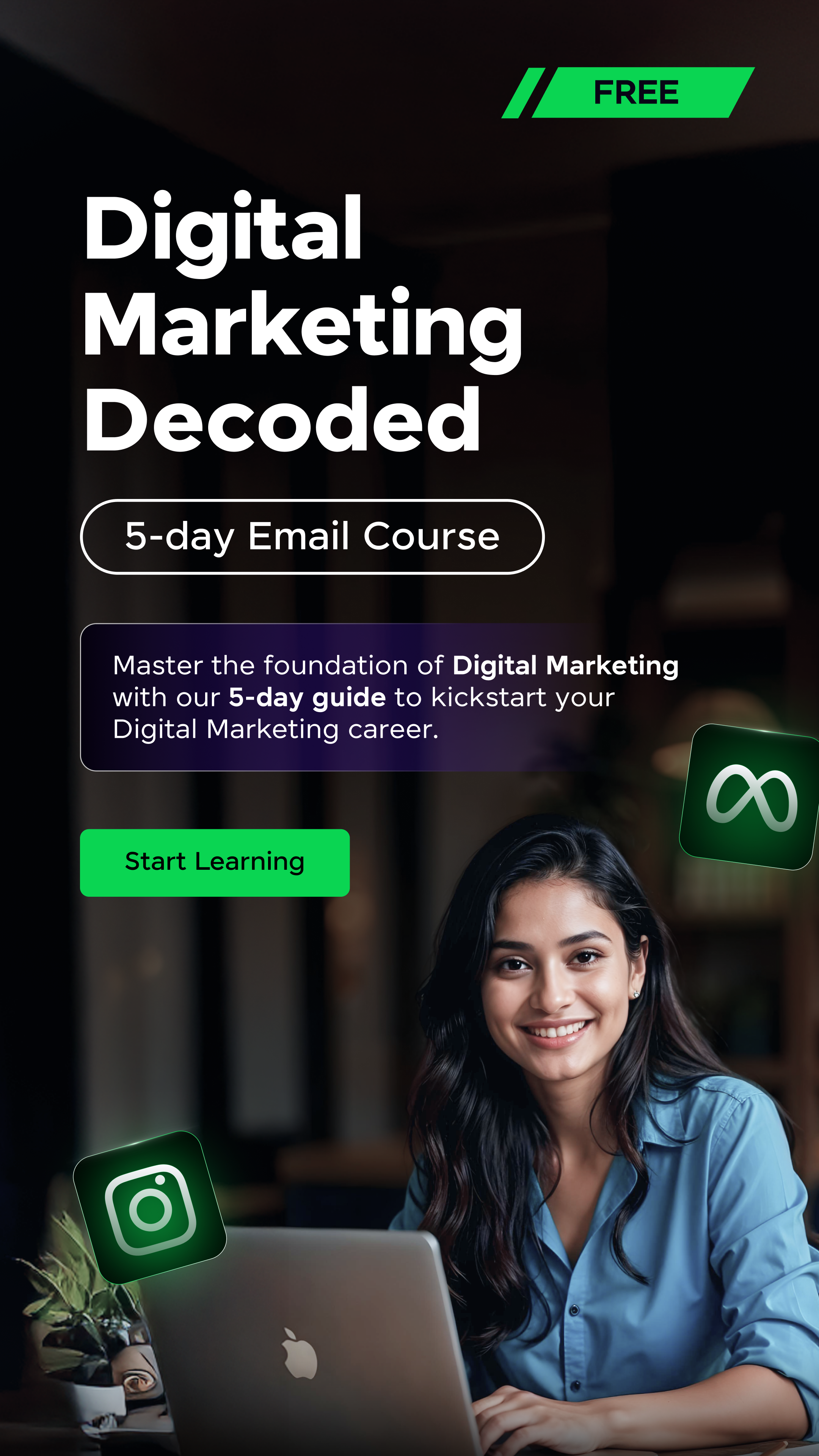
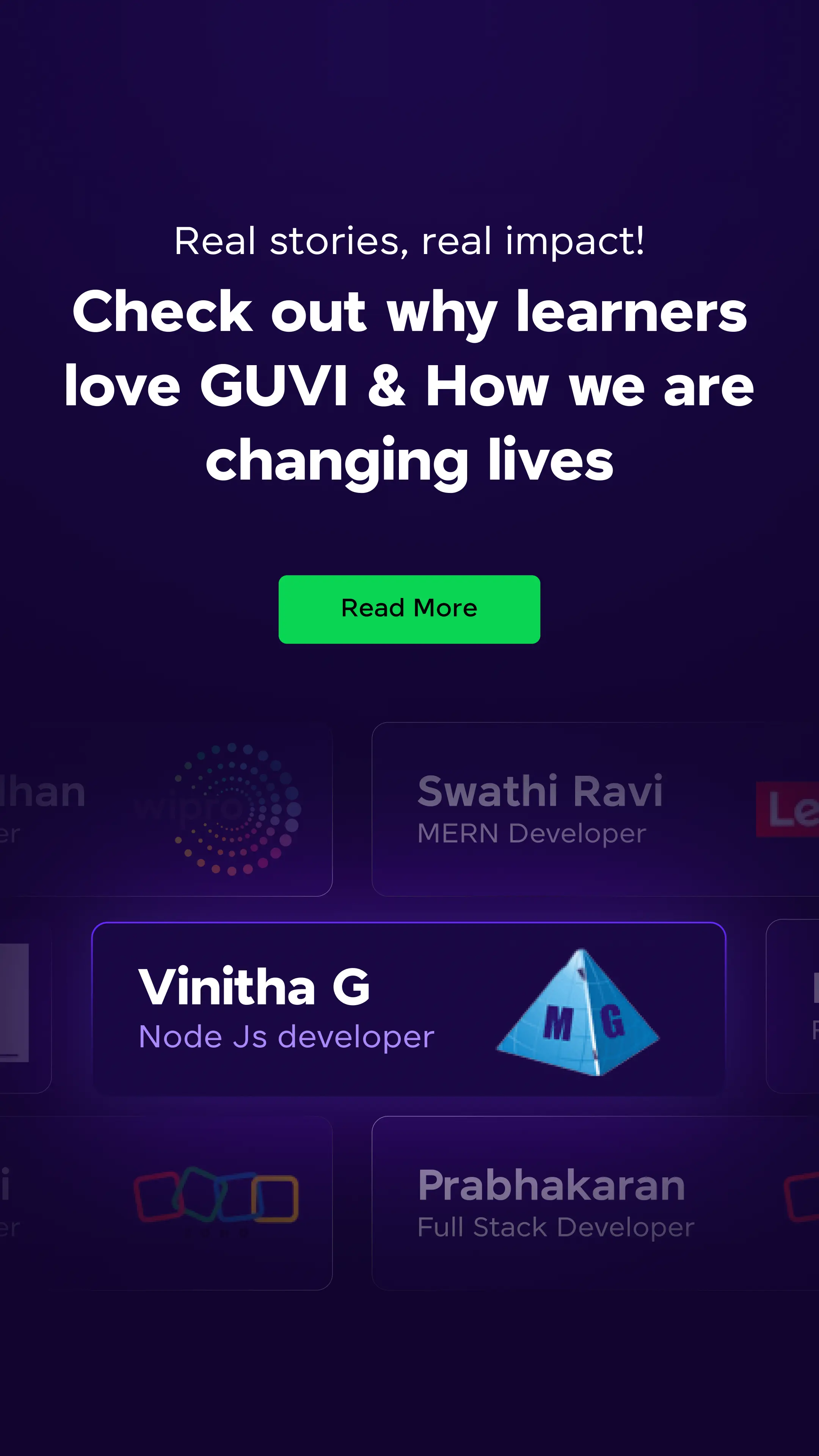




















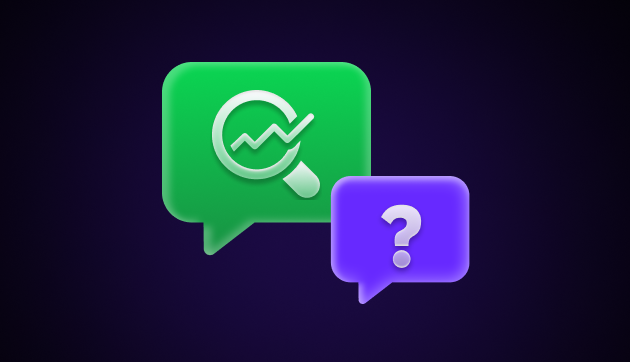
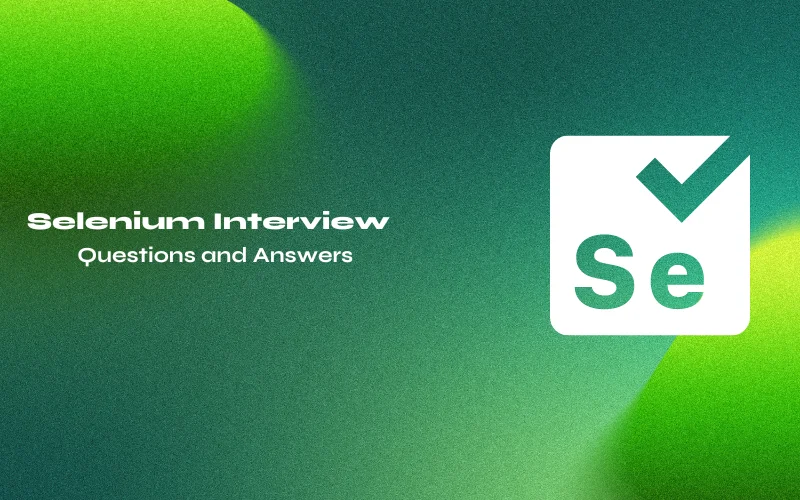
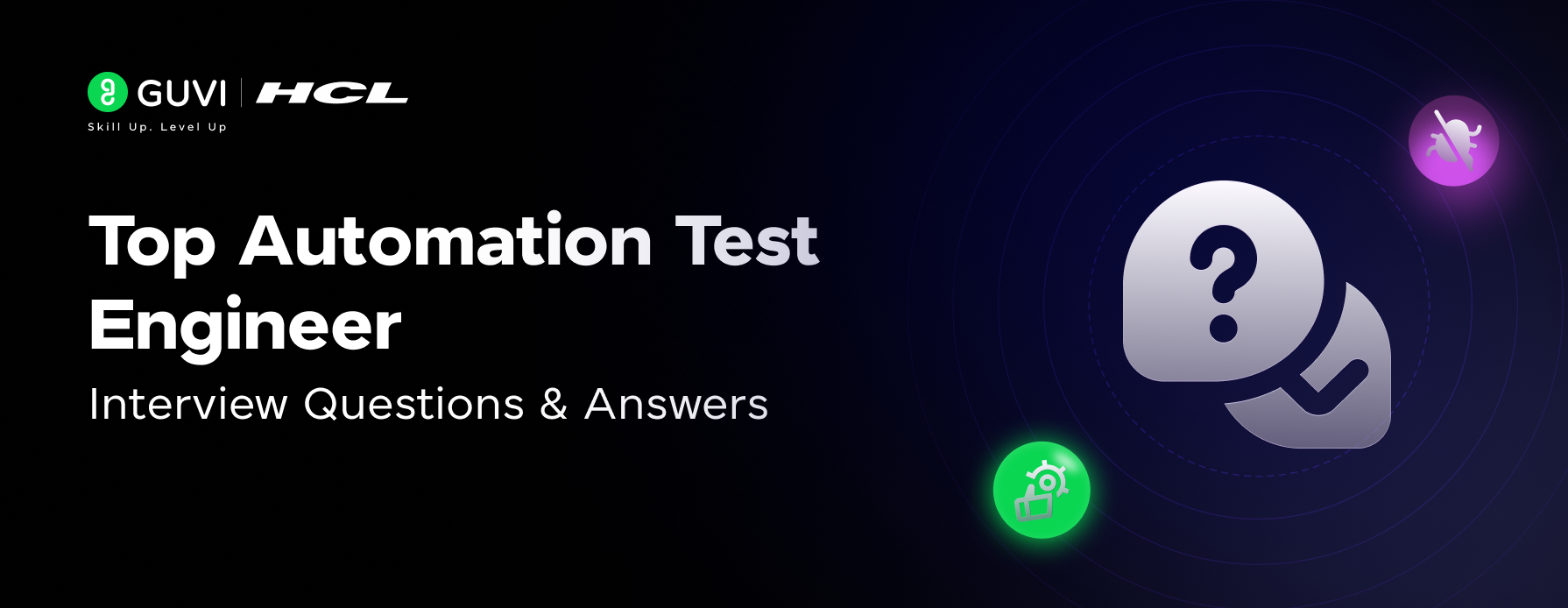


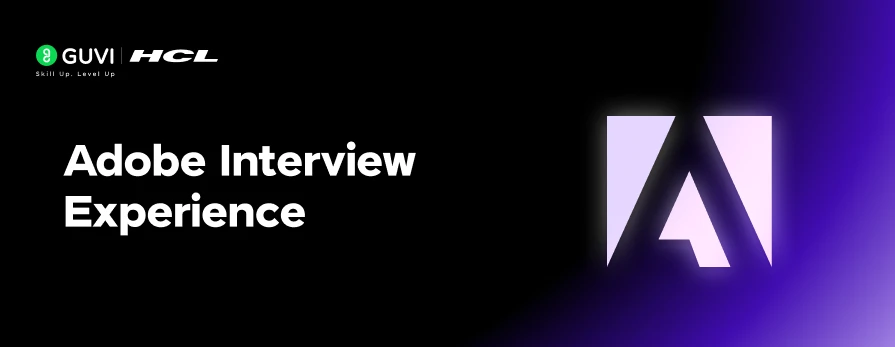
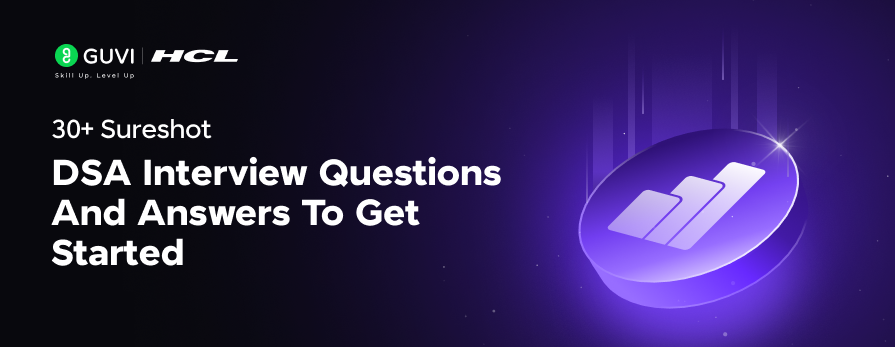
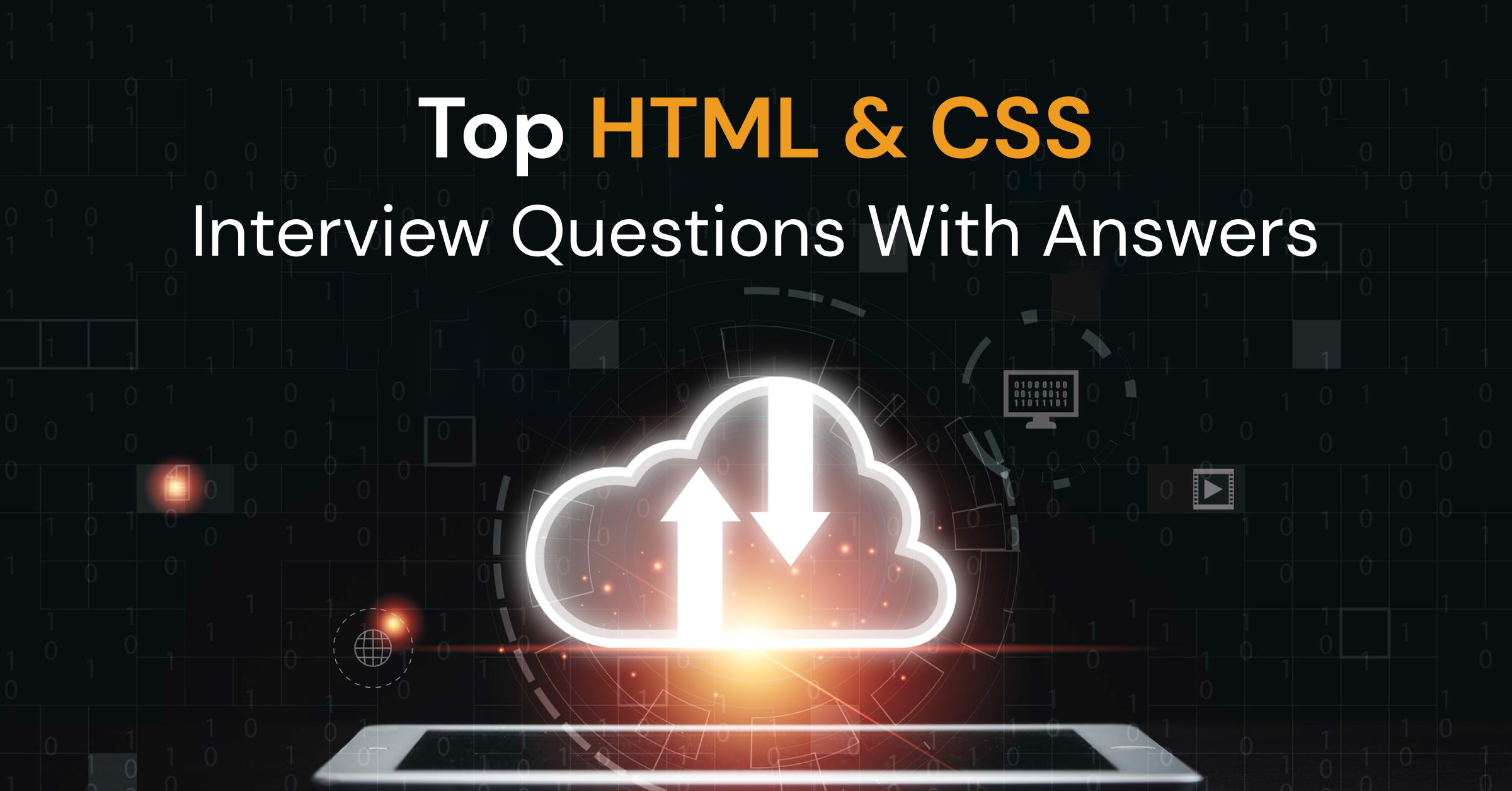




Did you enjoy this article?